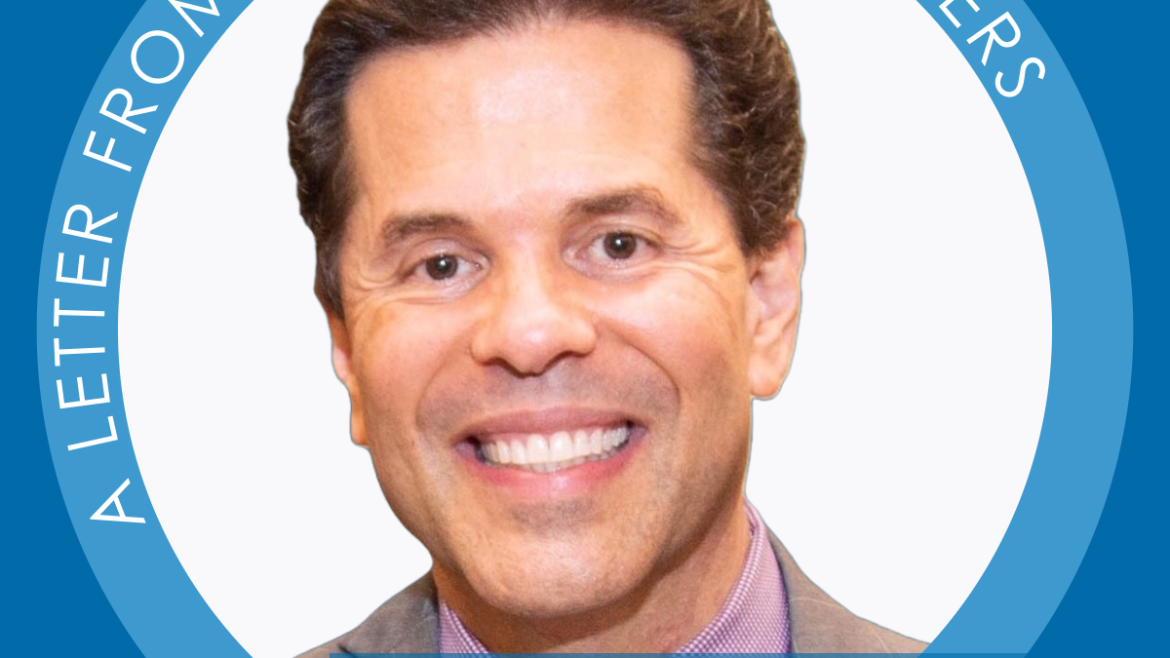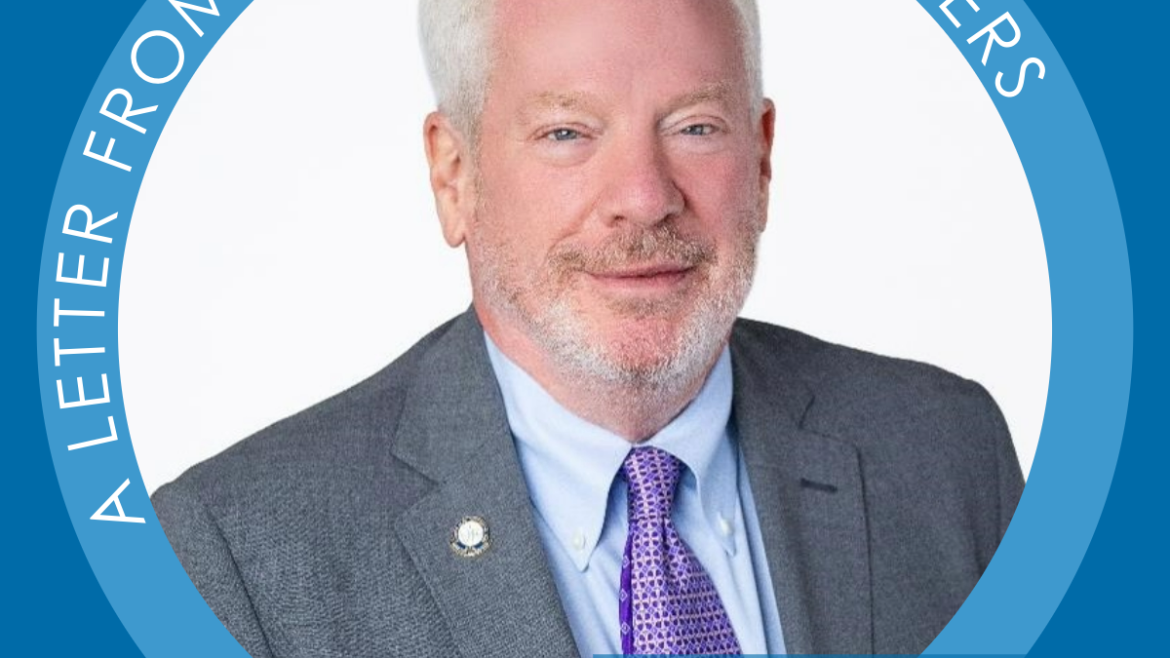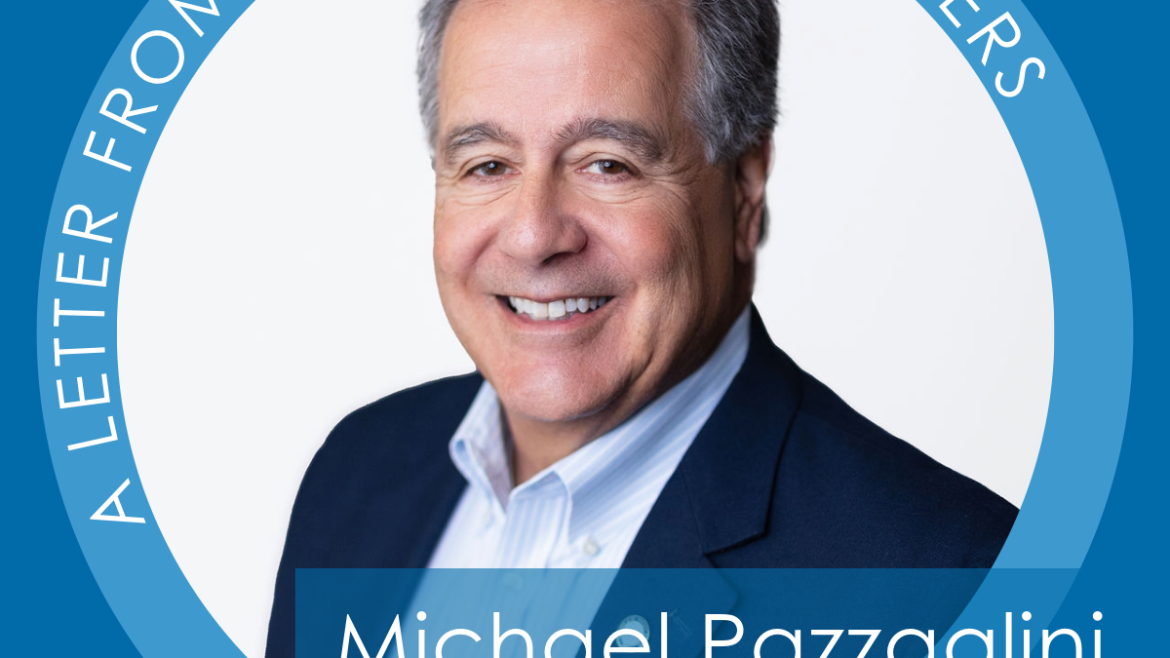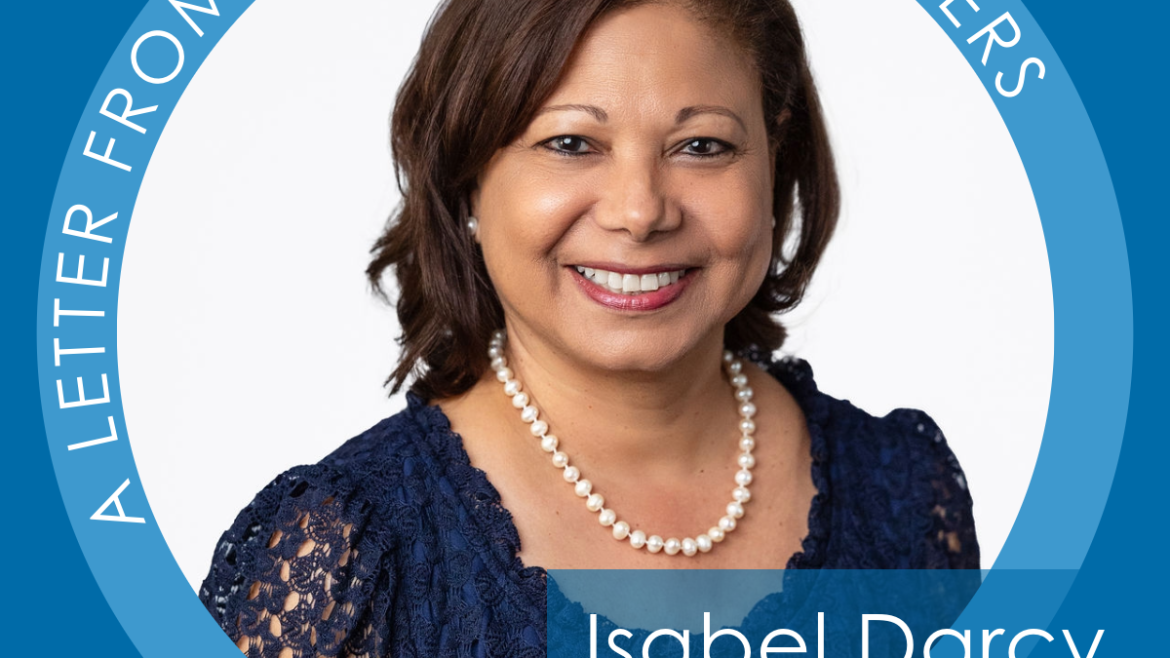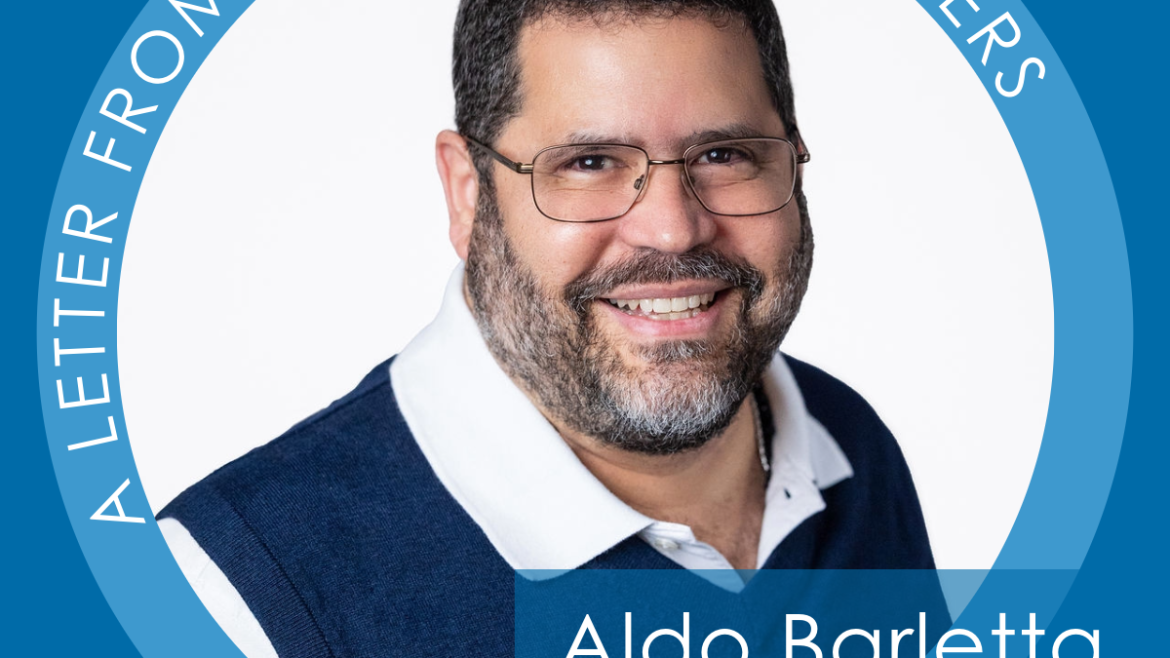“God knows the sufferings of his children because he is an attentive and caring father. As a father, he takes care of those who are most in need: the poor, the marginalized, the suffering and the forgotten. No one is excluded from his heart, for in his eyes, we are all poor and needy.”
– World Day of the Poor Message, 2024
On Sunday, November 17, Pope Francis declared the 2024 World Day of the Poor. It was the eighth declaration of a World Day of the Poor, something that began under the Pontificate of Francis. In his message for 2024, the Pope declared the World Day of the Poor with the theme “The prayer of the poor rises up to God.” The expression that gives the 2024 World Day of the Poor its theme is taken from the Book of Sirach (21:5), which Pope Francis says is not sufficiently known and deserves to be discovered for the richness of its themes.
Instead of reading my words this week, I think it is more important that you read Pope Francis’s words on the poor, our obligation to the poor, and our way forward. These are excerpts from his Homily on Sunday and his message leading up to World Day of the Poor. I encourage you to go the Vatican website and read more from this year and prior years World Day of the Poor messages.
In his message for this World Day of the Poor, the Holy Father reiterates that “the poor hold a privileged place in God’s heart” and invites everyone to learn to pray for the poor and to pray together with the poor, with humility and trust. Let’s listen to his words.
The World Day of the Poor has now become a fixture for every ecclesial community. It is a pastoral opportunity not to be underestimated, for it challenges every believer to listen to the prayer of the poor, becoming aware of their presence and needs. It is an opportune occasion to implement initiatives that concretely help the poor and to recognize and support the many volunteers who dedicate themselves passionately to those most in need. We must thank the Lord for the people who make themselves available to listen to and support the poorest among us. They are priests, consecrated persons, lay men and women who, by their testimony, give voice to God’s response to the prayer of those who turn to him. This silence, therefore, is broken every time a person in need is welcomed and embraced. The poor still have much to teach us because in a culture that has placed wealth at the forefront and often sacrifices the dignity of people on the altar of material goods, they swim against the tide, highlighting that what is essential for life is something else entirely.
Prayer, then, is verified by authentic charity that manifests itself as encounter and proximity. If prayer does not translate into concrete action, it is in vain; indeed, “faith by itself, if it has no works, is dead” (Jas 2:17). However, charity without prayer risks becoming philanthropy that soon exhausts itself. “Without daily prayer lived with fidelity, our acts are empty, they lose their profound soul and are reduced to being mere activism” (BENEDICT XVI, Catechesis, April 25, 2012). We must avoid this temptation and always be vigilant with the strength and perseverance that comes from the Holy Spirit, who is the giver of life.
As we journey towards the Holy Year, I urge everyone to become pilgrims of hope, setting tangible goals for a better future. Let us not forget to keep “the little details of love” (Gaudete et Exultate, 145): stopping, drawing near, giving a little attention, a smile, a caress, a word of comfort. These gestures are not automatic; they require a daily commitment and are often hidden and silent, but strengthened by prayer. In this time, when the song of hope seems to give way to the clamor of arms, to the cry of many innocent wounded, and the silence of the countless victims of wars, we turn to God with our plea for peace. We stretch out our hands to receive peace as a precious gift for we are “poor” in this regard, while at the same time committing ourselves to weave it back into daily life.
We are called in every circumstance to be friends of the poor, following in the footsteps of Jesus who always began by showing solidarity when dealing with the least among us.
Peace and God’s blessings,
John
John Berry
National President


